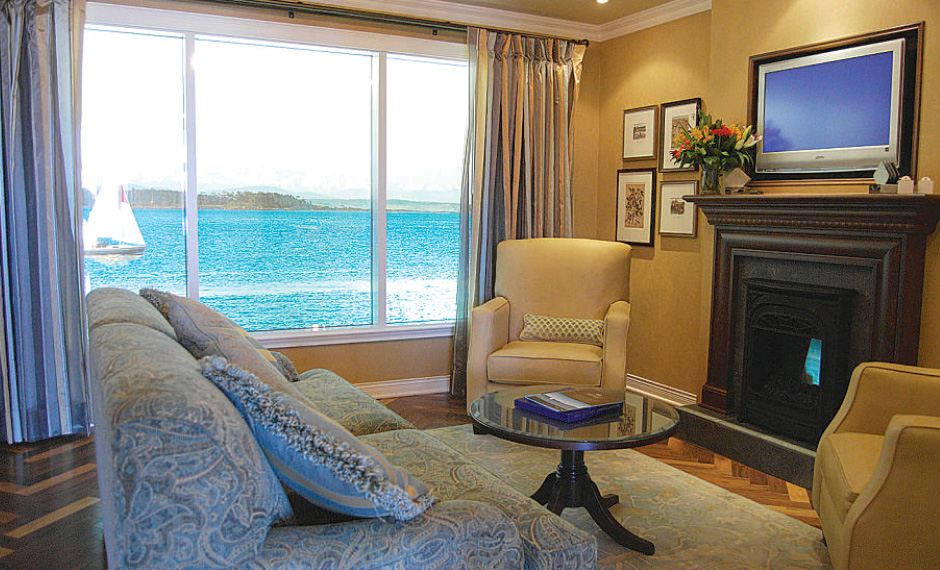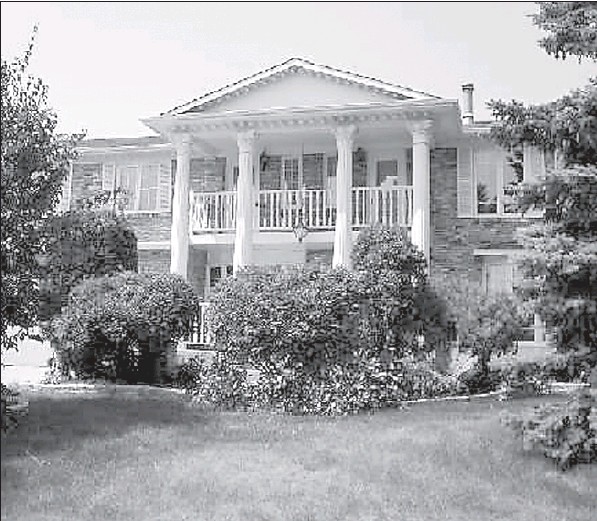System would block calls from some, but not all, telemarketers
Sun
Telelisting 411 with DNCL – 3 days left before september 30, 2008
|
||
|
|
The National Do Not Call List (DNCL) will go into effect across Canada on September 30, 2008. Heavy fines will be imposed if you call a number that is on the List. The new law burdens you with the responsibility to check any and all numbers you call against the List.
Penalties range from $1,500 to $15,000 per offense.
Peace of mind is easy and inexpensive!
- No worries for only $ 200 per year (less than $1 a day)!
- Avoid fines ranging from $ 1 500 to $ 15 000 per offense;
- Access to over 12 million numbers;
- DNCL excluded numbers updated daily for all of Canada;
- A powerful tool for soliciting specific neighborhoods.
- Instantly validate your lists of phone numbers.
With Telelisting no calls are made to numbers on the Do Not Call List. Designed specifically for real estate agents, the Telelisting directory is updated daily excluding phone numbers listed on the DNCL for every area code in Canada!
Google map integration makes searching any neighborhood easy! Just enter an address, phone number or a postal code in the search box and click ‘find’. Move the map with the mouse and the directory changes to the area designated on the map. It’s a great tool when client searching in a specific neighbourhood!
To obtain more information on a specific entry, just click on the address, Telelisting will provide all necessary details along with its position on Google map! We even let you enter detailed notes to be stored for future client contact.
Telelisting
1-866-531-2586
OTTAWA — Canadians fed up with unsolicited telemarketers will be able to register Tuesday on a national do-not-call list established by Canada‘s telecommunications regulator and operated by Bell Canada.
Residents can register their home and cellphone numbers to block unwanted telemarketers by phone or online with the Canadian Radio-television and Telecommunications Commission.
The CRTC says calls will not stop immediately upon registration, as telemarketers have 31 days to update their own no-call lists.
Exceptions to the list include calls from charities, political parties, polling companies, newspapers selling subscriptions and organizations with which the consumer has an existing business relationship.
The CRTC first broached the subject of a national do-not-call list in 2004 to complement the current regulations requiring telemarketers to keep individual, company-specific lists.
The regulator set out rules for the list in July, 2007, and awarded Bell Canada a five-year contract to operate the list.
The telemarketing industry has been critical of the list, specifically the online registration. The concern is that hackers will be able to upload entire phone books to the list.
To register call 1-866-580-3625 or visit www.dncl.gc.ca. The CRTC said the website will be activated after midnight.
© The Vancouver Sun 2008









